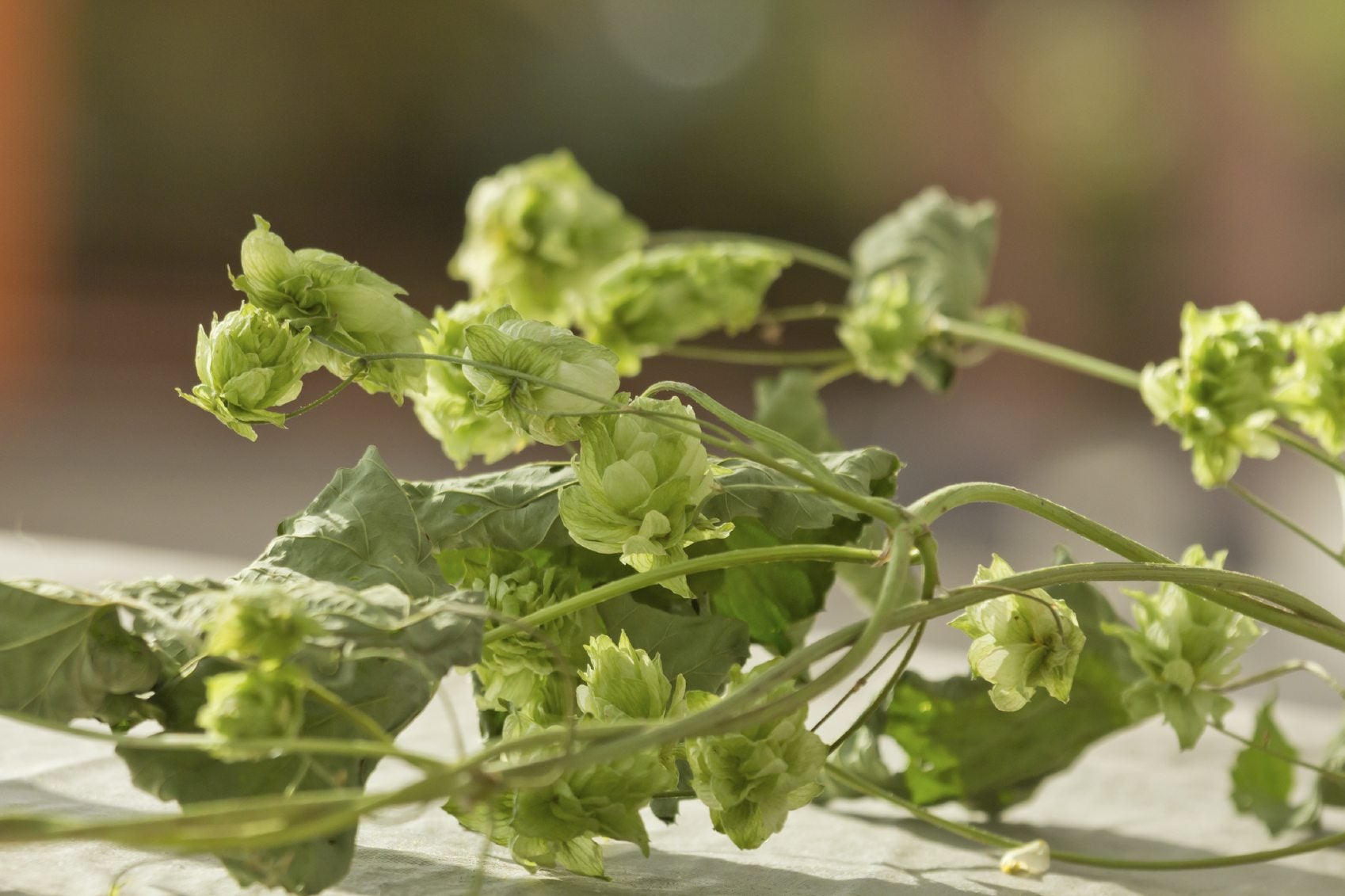Tips On Composting Spent Hops – Adding Used Hops In Compost


Sign up for the Gardening Know How newsletter today and receive a free copy of our e-book "How to Grow Delicious Tomatoes".
You are now subscribed
Your newsletter sign-up was successful
Can you compost hops plants? Composting spent hops, which are nitrogen-rich and very healthy for the soil, really isn’t all that different from composting any other green material. In fact, composting is one of the best uses for spent hops. Read on to learn about composting hops, including an important safety note for pet owners.
Used Hops in Compost
Composting spent hops is similar to composting leaves or grass, and the same general composting guidelines apply. Be sure to combine the hops, which are warm and wet, with an adequate amount of brown material such as shredded paper, sawdust, or dry leaves. Otherwise, the compost can become anaerobic, which in simple terms means the compost is too wet, lacks adequate oxygen, and can become sloppy and smelly in a hurry.
Tips for Composting Hops
Turn the compost pile regularly. It’s also helpful to add a few woody twigs or small branches to create air pockets, which help prevent the compost from becoming too wet. Composters use an easy method to determine if the compost is too wet. Just squeeze a handful. If water drips through your fingers, the compost needs more dry material. If the compost is dry and crumbly, moisten it by adding water. If the compost remains in a clump and your hands feel damp, congratulations! Your compost is just right.
Warning: Hops are Highly Toxic to Dogs (and Maybe to Cats)
Forego composting hops if you have dogs, as hops are extremely toxic and potentially deadly to members of the canine species. According to the ASPCA (American Society for the Prevention of Cruelty to Animals), ingestion of hops can bring on a number of symptoms, including an uncontrollable rise in body temperature and seizures. Without aggressive treatment, death can occur as soon as six hours. Some dogs appear to be more susceptible than others, but it’s best not to take chances with your canine buddy. Hops may also be toxic to cats. However, most cats tend to be finicky eaters and are less likely to eat hops.
Sign up for the Gardening Know How newsletter today and receive a free copy of our e-book "How to Grow Delicious Tomatoes".

A Credentialed Garden Writer, Mary H. Dyer was with Gardening Know How in the very beginning, publishing articles as early as 2007.